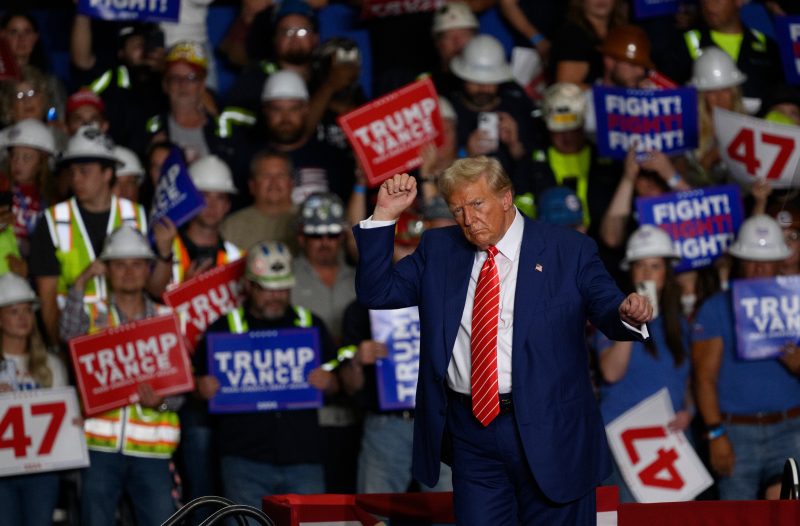The Fear Factor is Now Hurting Trump
The Fear Factor has been a powerful tool in the political arsenal of Donald Trump that has helped shape his persona and influence his supporters. However, as the 2020 Presidential election draws nearer, the fear-based tactics employed by the Trump administration are beginning to backfire, with potential negative consequences for the President’s reelection prospects.
Trump’s use of fear as a political strategy is nothing new. Throughout his time in office, he has consistently stoked fears about immigration, national security, and the deep state in order to rally his base and deflect attention from his own shortcomings and scandals. Trump’s relentless focus on creating a sense of urgency and crisis has resonated with a segment of the American electorate that feels marginalized and under threat.
However, as the COVID-19 pandemic continues to wreak havoc on the country, the fear that Trump has cultivated is beginning to work against him. The President’s mishandling of the crisis, including downplaying the severity of the virus and promoting unproven treatments, has created a sense of anxiety and uncertainty among many Americans. This has led to a backlash against Trump, with polls showing that a majority of voters disapprove of his handling of the pandemic.
Furthermore, the ongoing protests against police brutality and racial injustice have highlighted the deep divisions in American society that Trump’s fear-based tactics have only served to exacerbate. By framing the protests as a threat to law and order and deploying federal agents to suppress demonstrations, Trump has further alienated moderate voters and galvanized his opponents.
In the face of these challenges, Trump’s reliance on fear as a political weapon may prove to be his undoing. While fear can be a powerful motivator, it can also be a double-edged sword that cuts both ways. As the country grapples with multiple crises, including the pandemic, economic downturn, and social unrest, Americans are increasingly looking for leadership that offers hope, unity, and a way forward.
If Trump continues to rely on fear to drive his campaign, he risks alienating undecided voters and energizing his opponents. In a moment of national crisis, Americans are hungry for leadership that inspires confidence and fosters a sense of community. By emphasizing division and discord, Trump may find himself on the wrong side of history as voters seek a path to healing and renewal.
In conclusion, the Fear Factor that has been a central element of Trump’s political strategy is now beginning to hurt him as the country faces unprecedented challenges. As the 2020 Presidential election approaches, Trump will need to recalibrate his approach and find ways to inspire confidence and unity among a weary and divided electorate. Failure to do so may result in a decisive rejection at the polls and a repudiation of the politics of fear that have characterized his presidency.
